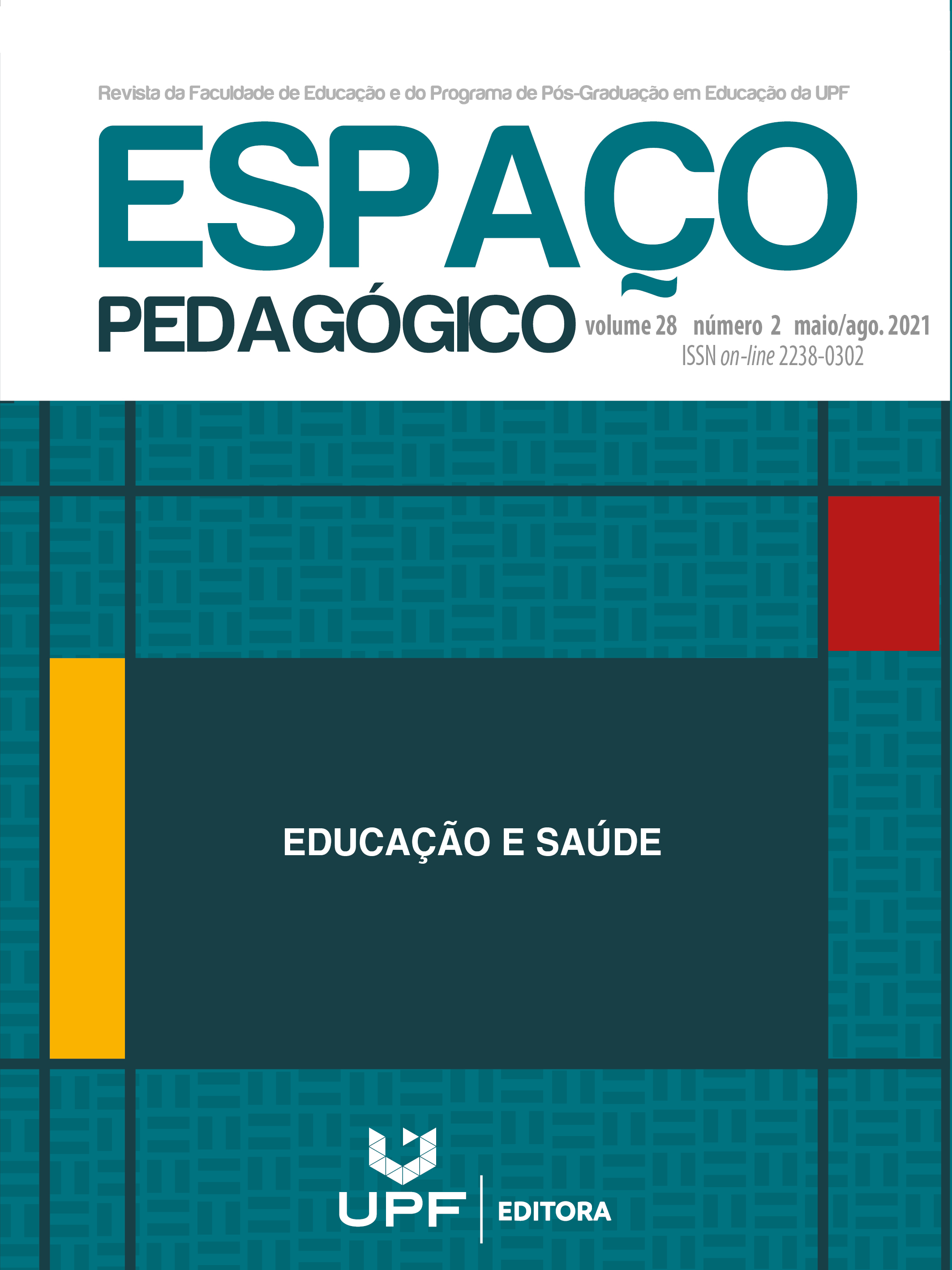La formación en salud en la UFRN: aspectos fundamentales de los aprendizajes en contextos interdisciplinarios
DOI:
https://doi.org/10.5335/rep.v28i2.12369Palabras clave:
Ensino superior, interação ensino-serviço-comunidade, interdisciplinaridade, interprofissionalidade, formação em saúdeResumen
-
Descargas
Los datos de descarga aún no están disponibles.
Descargas
Publicado
2022-04-18
Número
Sección
Artigos
Licencia
Os direitos autorais são mantidos pelos autores, os quais concedem à revista o direito de primeira publicação.
Cómo citar
La formación en salud en la UFRN: aspectos fundamentales de los aprendizajes en contextos interdisciplinarios. Revista Espaço Pedagógico, [S. l.], v. 28, n. 2, p. 622–639, 2022. DOI: 10.5335/rep.v28i2.12369. Disponível em: https://ojs.upf.br/index.php/rep/article/view/12369. Acesso em: 1 mar. 2026.



